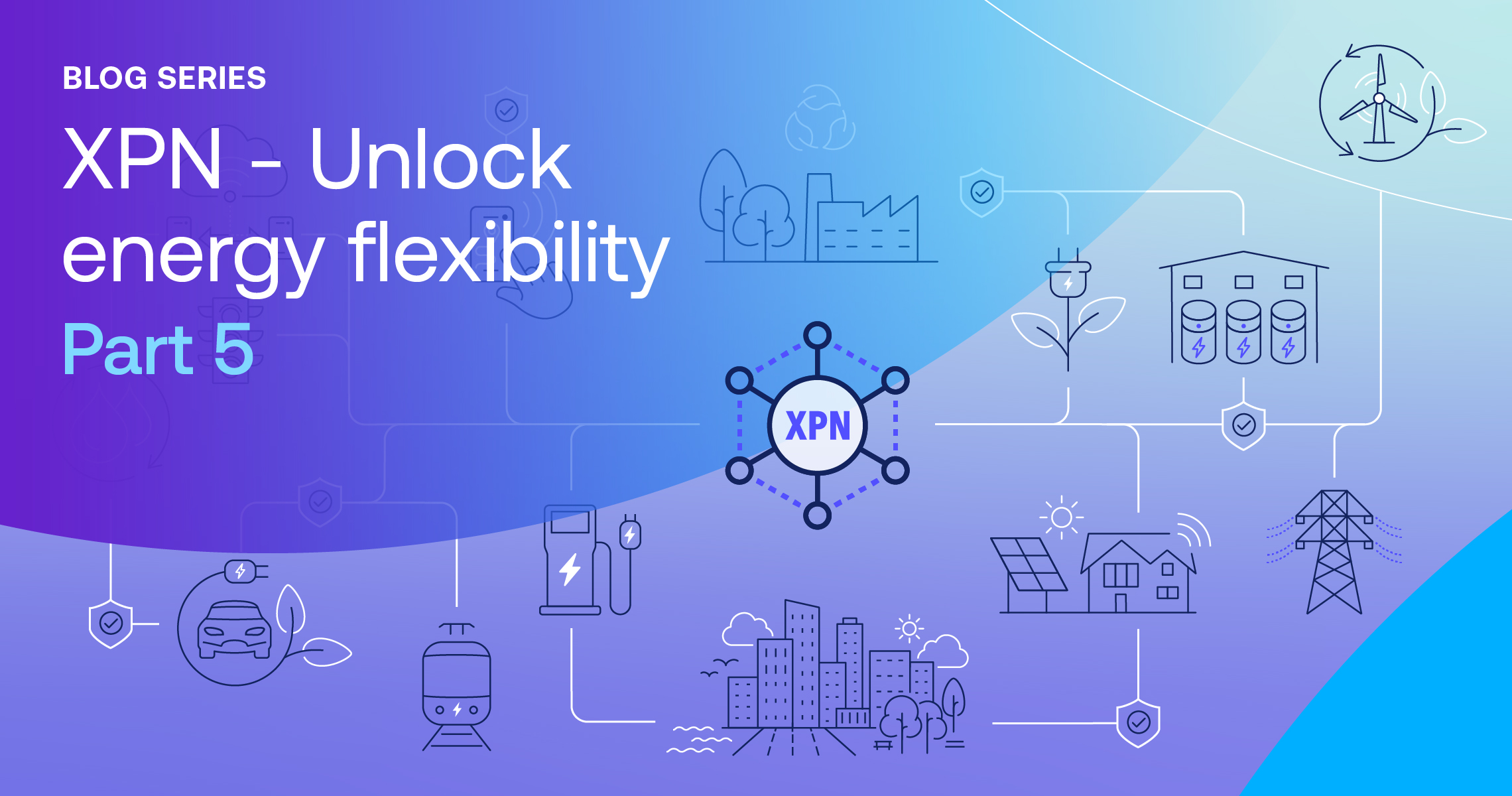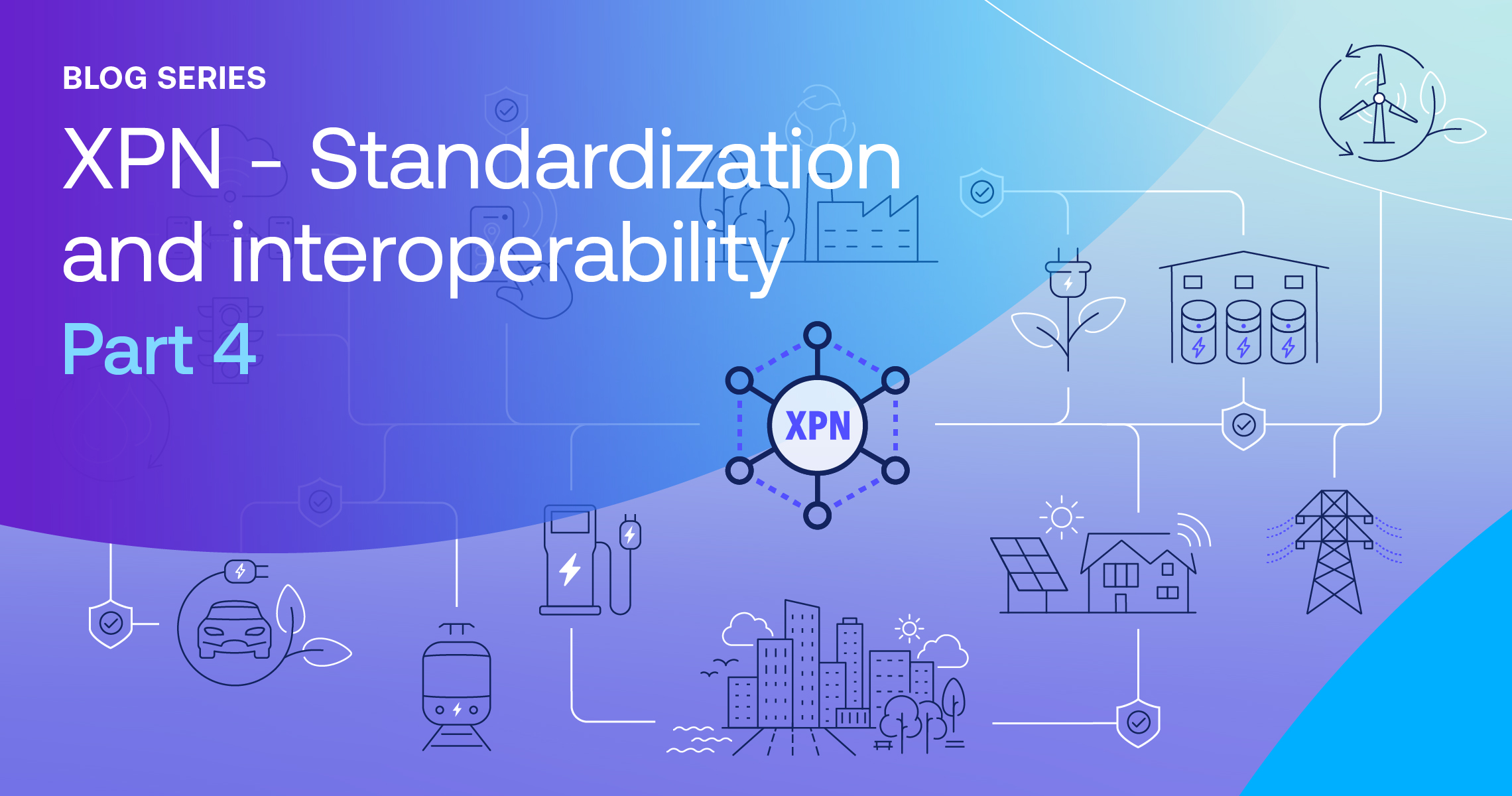While virtual private networks (VPNs) are instrumental in safeguarding privacy and securing internet connections, the underlying protocols themselves are not devoid of vulnerabilities. Lack of secure VPN protocols can potentially expose users to a variety of cyber threats, particularly in hyperconnected data fabrics relying on diverse OT infrastructure. Popular VPN protocols such as PPTP, IPsec, and OpenVPN contain inherent security flaws that can result in data breaches, unauthorized network access, and credential theft. Mitigating these risks requires selecting secure protocols like WireGuard, ensuring proper configuration, regular updates, and employing strong authentication measures.
Understanding and mitigating these risks is essential for maintaining the confidentiality, integrity, and availability of data transmitted over VPNs, thereby enhancing organizational security. This article explores some of the security risks inherent in popular VPN protocols, highlighting the issues they pose to VPN users and the potential consequences of their exploitation.
Vulnerabilities in common VPN protocols
- PPTP and its susceptibility to attacks
The Point-to-Point Tunneling Protocol (PPTP) has been widely criticized for its security flaws. One of the most notable vulnerabilities is its use of the MS-CHAP v2 authentication protocol, which is notoriously weak against brute force attacks. An attacker can capture PPTP encrypted data streams and use offline dictionary attacks to crack the passwords, thus gaining unauthorized access to network resources. Additionally, the encryption mechanism used by PPTP is based on the weak MPPE protocol, which uses RC4 stream ciphers known for several security flaws.
- IPsec implementation flaws
The IPsec protocol suite, though robust in design, suffers from complex implementations that often lead to configuration errors and subsequent vulnerabilities. One significant issue is the IKE (Internet Key Exchange) process, where misconfigurations or lack of proper authentication checks can allow attackers to perform man-in-the-middle attacks, intercepting and decrypting data. Moreover, IPsec’s reliance on hard-to-manage static keys, if not regularly updated, can become an exploitable weak point.
- OpenVPN and cipher negotiation issues
OpenVPN, praised for its security and versatility, is not without flaws. A notable vulnerability arises from its cipher negotiation process, where the server and client agree on the encryption methods to use. If not configured to enforce strong ciphers, OpenVPN connections can be forced to use weaker ciphers that are easier for attackers to break, compromising the confidentiality and integrity of the VPN tunnel.
- SSTP and certificate handling weaknesses
Secure Socket Tunneling Protocol (SSTP) is known for its ability to pass through firewalls and proxy servers. However, its reliance on SSL certificates introduces security risks, particularly in the validation process. If an attacker can compromise or spoof a certificate authority trusted by the VPN, they can perform man-in-the-middle attacks to intercept and potentially alter the data transmitted over the VPN.
Potential exploits and their consequences
The vulnerabilities in these VPN protocols can lead to several adverse scenarios:
- Data breaches: Insecure VPN protocols can expose sensitive data to interception by cybercriminals. This exposure is particularly detrimental in environments where data privacy is paramount, such as in energy, healthcare and financial services.
- Network access and control: By exploiting weaknesses in VPN protocols, attackers can gain unauthorized access to secure networks. This access can be used to deploy malware, steal sensitive information, or disrupt business operations.
- Credential theft: Weaknesses in authentication processes, such as those found in PPTP, can lead to credential theft, allowing attackers to impersonate legitimate users and access restricted areas of an organization’s network.
Mitigating risks to help secure VPN protocols
While VPN protocols have inherent vulnerabilities that cannot be countered, there are risks can be mitigated through several security measures:
- Protocol selection and configuration: Choosing secure, modern VPN protocols like WireGuard, which is designed to be simpler and more secure than IPsec, can reduce risk. Proper configuration and regular audits of these configurations are essential.
- Regular updates and patches: Keeping VPN software and the protocols they use updated is crucial in protecting against known vulnerabilities and exploits.
- Strong authentication measures: Implementing strong, multi-factor authentication methods can help mitigate the risks associated with weak authentication protocols.
Conclusion
VPN protocols are fundamental to the operation of enterprise connecting services but are not immune to security vulnerabilities. Understanding these issues and implementing best practices for secure VPN usage are critical for maintaining the confidentiality, integrity, and availability of data transmitted.
Beyond traditional mitigation strategies, companies are solving network security challenges through new approaches to data protection. Explicit Private Networking (XPN) is the next- generation solution designed to complement VPN and seal its vulnerabilities. XPN provides network agnostic data protection regardless of the network protocol, offering security from data creation to data consumption as well as a framework for command authorization. Learn more about XPN here and stay tuned for a deeper dive into more advanced methods of end-to-end data protection.
About Julian Durand
Julian Durand is VP of Intertrust Secure Systems and product owner of Intertrust PKI (iPKI). He earned his engineering degree from Carleton University, and his MBA from the University of Southern California (USC). He is also a Certified Information Systems Security Professional (CISSP) and inventor with 10 issued patents.




